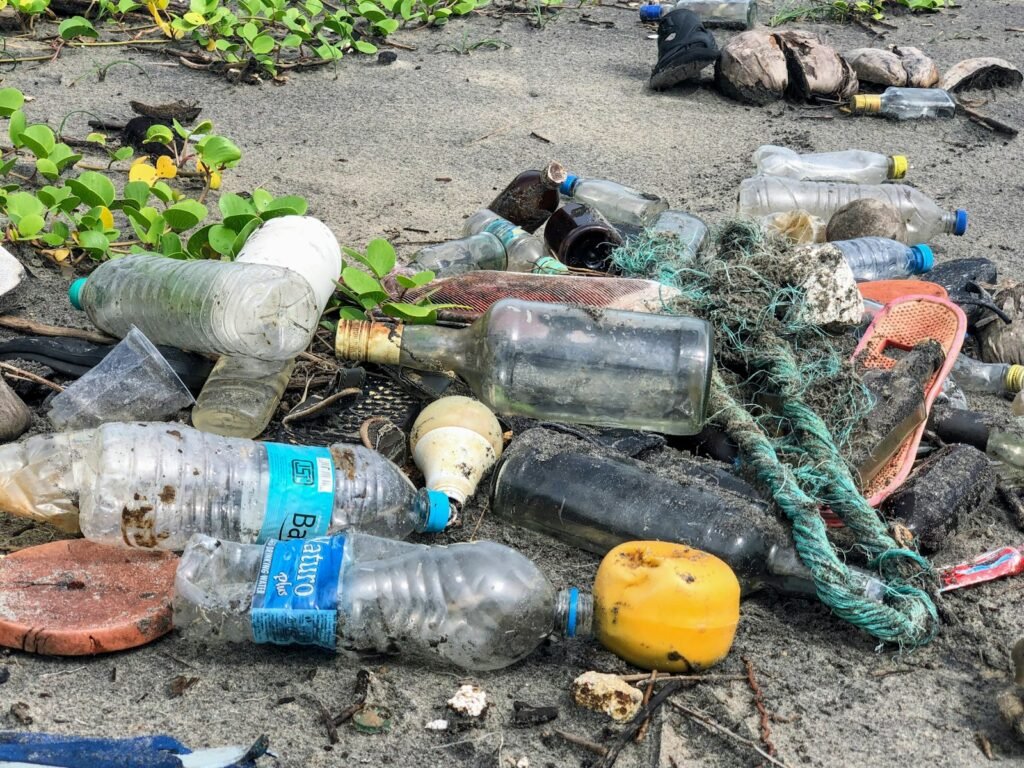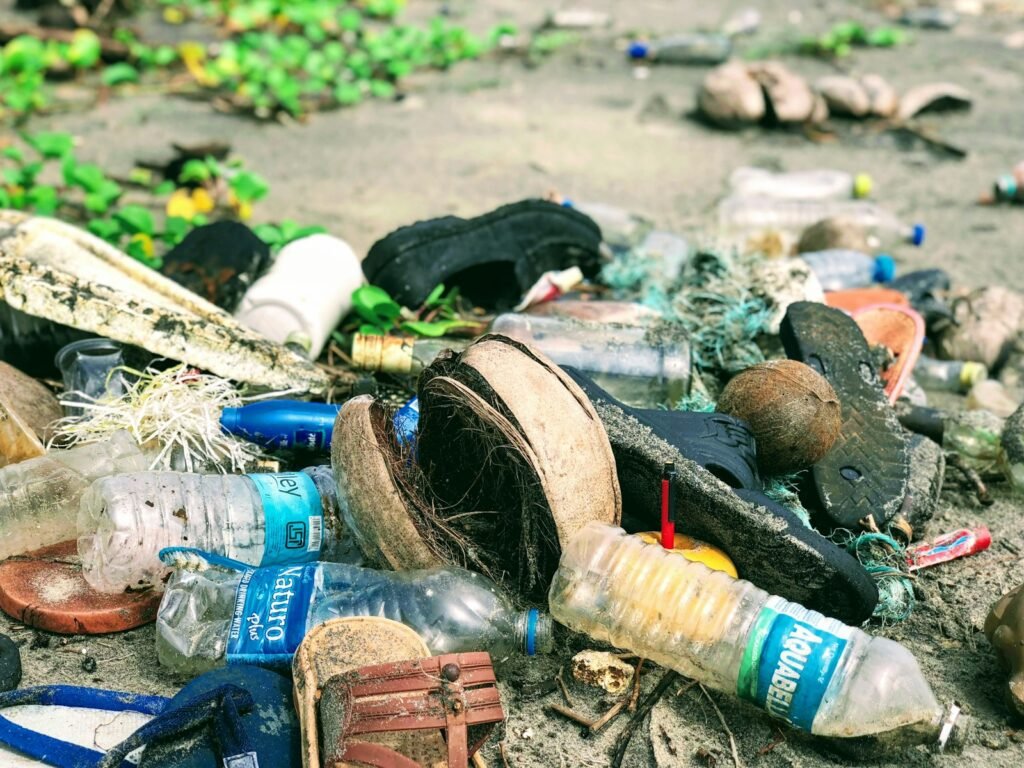In today’s world, where environmental concerns are at the forefront of global conversations, sustainable travel is more than just a trend—it’s a responsibility. This guide will show you how to plan your next trip in a way that protects our planet while still offering an unforgettable experience.

Why Sustainable Travel Matters
Sustainable travel involves making conscious choices that minimize environmental impact and support local communities. Traditional tourism can lead to significant carbon emissions, waste, and strain on natural resources. By choosing eco-friendly options, you help preserve the world for future generations.
The Environmental Impact of Travel
Average air travel produces about 0.2 kg of CO₂ per passenger per kilometer. Hotels also contribute significantly to carbon emissions through energy use and waste management. When combined with other travel-related activities, this adds up to a major environmental footprint.
The Benefits of Sustainable Travel
Traveling sustainably not only helps the environment but also supports local economies and promotes cultural awareness. It’s about making choices that are kinder to the planet and more meaningful for you.
Tips for Sustainable Travel: A Step-by-Step Guide
A. Choose Your Destination Wisely
Research destinations that prioritize conservation, such as national parks or eco-tourism areas. Avoid over-touristed spots to reduce environmental strain.
B. Plan a Greener Itinerary
- Opt for direct flights or trains where possible.
- Use public transportation, bike rentals, or walking when available.
C. Stay in Eco-Friendly Accommodations
Book hotels with green certifications like LEED or Green Key. Consider hostels, eco-lodges, or guesthouses that use renewable energy and sustainable practices.
D. Eat Sustainably While Traveling
- Support local restaurants and farmers’ markets.
- Avoid single-use plastics and choose biodegradable or reusable items.
- Opt for plant-based meals when possible.
E. Reduce Waste on the Go
Carry a reusable water bottle, shopping bag, and utensils. Refuse single-use plastics like straws, plastic bags, and bottles.
F. Respect Local Cultures and Environments
- Follow local guidelines for protecting natural areas.
- Avoid damaging ecosystems by not picking flowers or disturbing wildlife.
- Support conservation efforts through donations or volunteer work.
Sustainable Travel Technologies and Tools
Eco-Friendly Apps and Platforms
Use apps like EcoPass, Green Globe, or EcoTravel to find sustainable accommodations, transportation, and activities.
Carbon Offset Programs
Calculate your carbon footprint using tools like the Carbon Trust calculator and offset it through verified programs.
Travel Gear for Sustainability
- Eco-friendly luggage, reusable toiletries, and biodegradable products.
Sustainable Travel Tips for Different Types of Travelers
A. Budget Travelers
Find affordable eco-friendly accommodations and activities that align with your values without breaking the bank.
B. Luxury Travelers
Explore high-end eco-lodges, carbon-neutral cruises, and green luxury experiences that still offer an exceptional experience.
C. Solo or Family Travelers
Solo travelers can minimize their impact by choosing eco-friendly accommodations and activities. Families can involve kids in sustainable travel practices.
The Future of Sustainable Travel
Trends in Eco-Tourism
Emerging trends include eco-tours, adventure tourism with a sustainability focus, and digital nomad communities that prioritize environmental responsibility.
Innovation in Sustainable Travel
Technologies like electric vehicles, carbon-neutral flights, and renewable energy in travel infrastructure are shaping the future of sustainable travel.
The Role of Governments and Businesses
Government policies and corporate responsibility are playing a key role in making sustainable travel more accessible and mainstream.
Conclusion
Sustainable travel is about making thoughtful choices that benefit both the planet and yourself. By adopting eco-friendly habits, you can enjoy your travels while contributing to a healthier world. Start small, stay mindful, and make every trip count for the environment.







